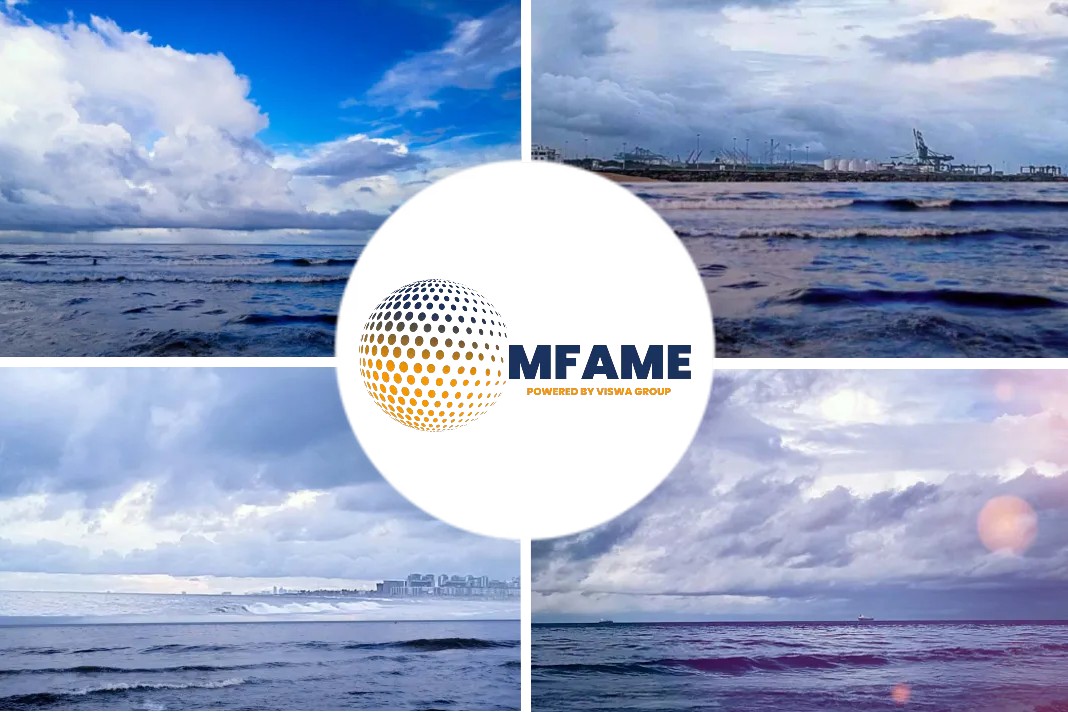
Port of Singapore gears up for multi-fuel future of 2030, states a Riviera news source.
Port of Singapore must prepare to handle LNG
As the world’s largest bunkering hub, the Port of Singapore must prepare to handle LNG, biofuels, ammonia, hydrogen and methanol alongside traditional fuels to underpin shipping’s decarbonisation.
As shipping’s largest refuelling hub, the Port of Singapore is preparing for a multi-fuel future that will require storing and bunkering a variety of low- and zero-carbon fuels by 2030. With shipowners weighing the use of LNG, biofuels, ammonia, methanol and hydrogen as potential alternative fuels for decarbonisation, the port is ramping up efforts to make the fuels available alongside traditional marine fuels.
Currently available alternative fuels LNG and biofuel were both highlighted by Singapore’s Senior Minister of State Finance & Transport Chee Hong Tat during a speech to maritime leaders at the Singapore Maritime Foundation New Year’s Conversations in January.
“Singapore has made progress in supplying alternative fuels, such as biofuels, to support maritime decarbonisation,” said Mr Chee Hong Tat. “140,000 tonnes of biofuel blends were supplied across more than 90 biofuel bunkering operations.” The Maritime and Port Authority of Singapore (MPA) has also developed a provisional biofuel standard on the specifications of marine biofuel for blends up to B50.
Because they are drop-in fuels, biofuels are seen as an attractive alternative fuel to aid shipping’s decarbonisation ambitions, but more knowledge is required regarding quality, shelf life, engine compatibility and price.
Numerous biofuel trials
This had led to numerous biofuel trials, including one involving the Hapag-Lloyd container ship Afif, which was bunkered with 2,000 tonnes of B24 biofuel supplied by TotalEnergies Marine Fuels at the Port of Singapore in January. Based on a well-to-wake assessment, this B24 biofuel blend is anticipated to reduce greenhouse gas emissions by 20%, as compared with conventional fuel oil.
Overall, total bunker sales of marine fuels at the port declined by 4.3% year-on-year in 2022 to 47.9M tonnes because of supply chain disruptions caused by the Russia-Ukraine war and higher bunker prices globally, said the Minister.
However, Mr Chee noted, “Bunker sales in Singapore have since recovered with a rise in sales volume by 9.5% compared with the first half of 2022.” He said the port conducted 15 ship-to-ship LNG bunkering operations in 2022.
LNG bunker sales slumped drastically in 2022 due to high prices. The port had bunker sales of just 16 tonnes in 2022 — less than one-third of the 50 tonnes it sold in 2021.
Did you subscribe to our Newsletter?
It’s Free! Click here to Subscribe!
Source: Riviera






















